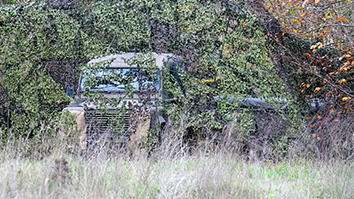Citation
Shriberg, E., Kajarekar, S., & Scheffer, N. (2009). Does session variability compensation in speaker recognition model intrinsic variation under mismatched conditions?. In Tenth Annual Conference of the International Speech Communication Association.
Abstract
Intersession variability (ISV) compensation in speaker recognition is well studied with respect to extrinsic variation, but little is known about its ability to model intrinsic variation. We find that ISV compensation is remarkably successful on a corpus of intrinsic variation that is highly controlled for channel (a dominant component of ISV). The results are particularly surprising because the ISV training data come from a different corpus than do speaker train and test data. We further find that relative improvements are (1) inversely related to uncompensated performance, (2) reduced more by vocal effort train/test mismatch than by speaking style mismatch, and (3) reduced additionally for mismatches in both style and level. Results demonstrate that intersession variability compensation does model intrinsic variation, and suggest that mismatched data may be more useful than previously expected for modeling certain types of within speaker variability in speech. Index terms: speaker recognition, channel compensation, intersession variability compensation, intrinsic variation, speaking style, vocal effort.
Index terms: speaker recognition, channel compensation, intersession variability compensation, intrinsic variation, speaking style, vocal effort


